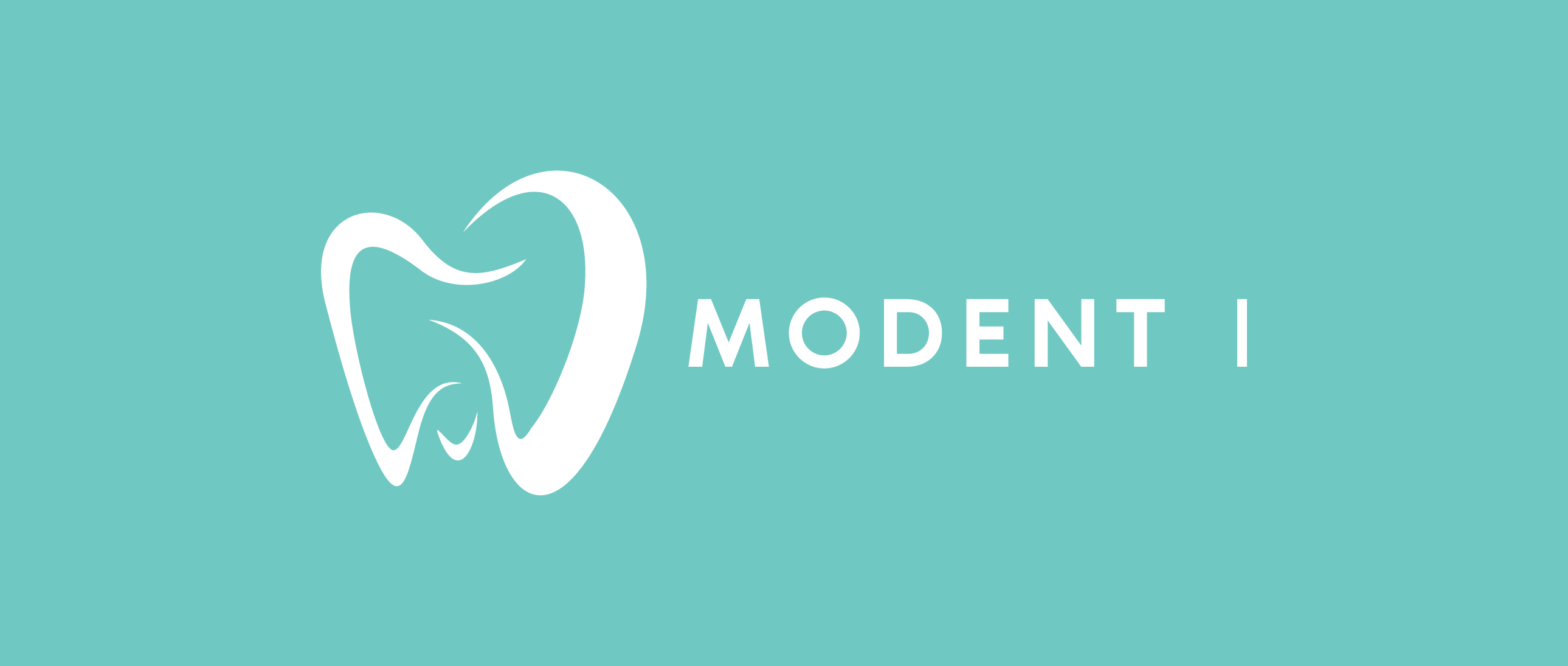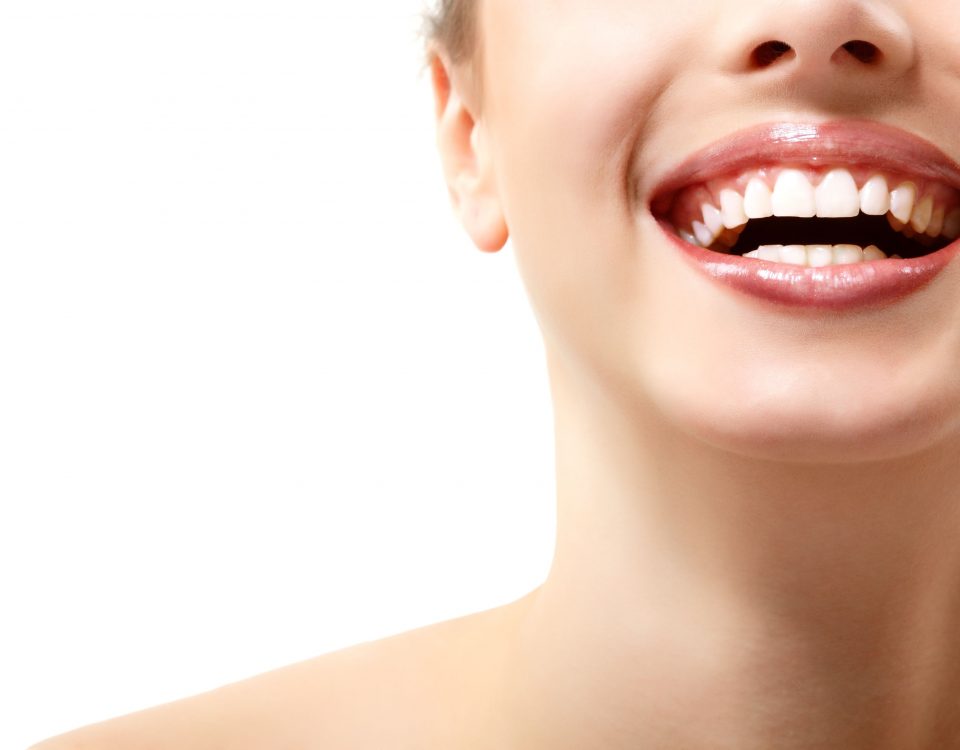Dental concerns during pregnancy

5 ways to take care for your mouth in flu season
February 7, 2019
What to do when the babies start teething?
February 21, 2019In between trips to the doctor, hospital tours and setting up the nursery, don’t let visiting the dentist fall off your pregnancy to-do list before your baby comes.
Your body is going through major changes followed by variety pregnancy-related symptoms you might be experiencing and maxillofacial area is no exception. Symptoms are not necessarily caused only by dental pathology, they can also point out to existing inflammatory processes. Getting a check-up during pregnancy is safe and important for both mother`s and the baby`s overall health.
For starters, your dentist should know that you are or might be pregnant. If your pregnancy is high-risk or if you have certain medical conditions, your dentist should know that as well. If you’re pregnant and need a filling, root canal or tooth pulled, one thing you don’t have to worry about is the safety of the numbing medications your dentist may use during the procedure. They are, in fact, safe for both you and your baby.
Here are some common pregnancy-related symptoms connected with dental disorders:
Pregnancy gingivitis
Your mouth can be affected by the hormonal changes you will experience during pregnancy. Conditions like inflammation of the gums, that causes swelling and tenderness are common, as well as gum bleeding when you brush or floss.
Increased risk of tooth decay
Pregnant women may be more prone to cavities for a number of reasons. If you’re eating more carbohydrates than usual, this can cause decay. Morning sickness can increase the amount of acid your mouth is exposed to, which can eat away at the outer covering of your tooth (enamel).
As decay prevention you should be brushing your teeth at least twice a day and flossing, which is especially important to keep up your dental hygiene routine during pregnancy.
Pregnancy tumors
Tissue called “pregnancy tumor” can appear on the gums in some woman, most often during the second trimester. It is not cancer but rather just swelling that happens most often between teeth. They may be related to excess plaque. They bleed easily and have a red, raw-looking raspberry-like appearance. They usually disappear after your baby is born, but if you are concerned, talk to your dentist about removing them.




